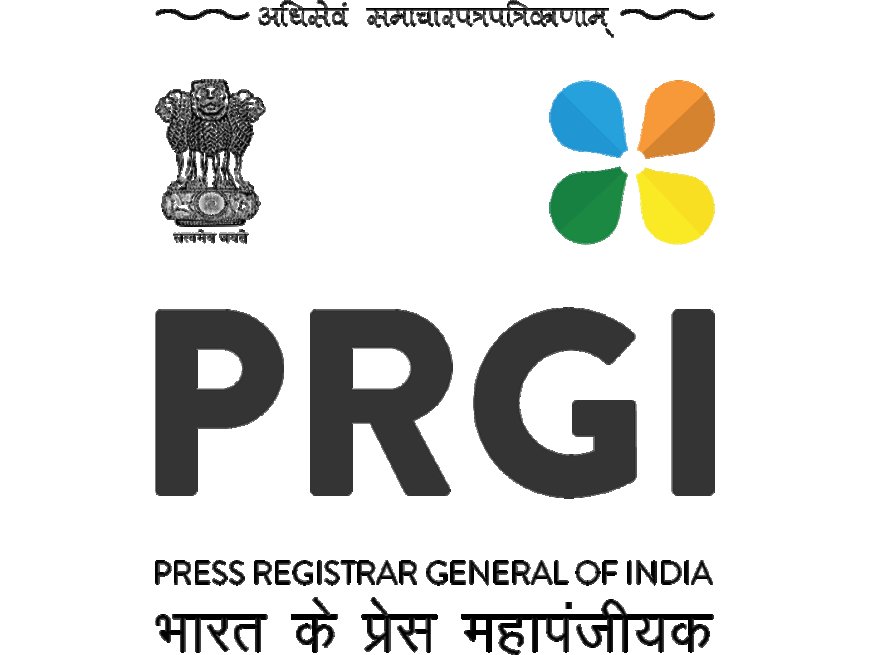AI Boom Pushes Tech Titans Past $350 Billion Market Gains
Microsoft, Alphabet, and Meta together added over $350 billion in market value on booming AI earnings. A new phase of AI monetization is underway.

By Ronald Kapper, NewsSutra
In recent days, Microsoft, Alphabet, and Meta collectively added more than $350 billion in market value, as investors rewarded the companies for strong AI‑fueled earnings and accelerated infrastructure investment. The surge reflects growing public confidence that artificial intelligence is finally paying dividends.
Q2 Earnings: AI Takes Center Stage
Microsoft’s latest quarterly report stunned the market. Its Azure cloud platform, powered heavily by AI workload demand, posted a roughly 39% year‑over‑year jump, and investor enthusiasm drove its stock briefly past a $4 trillion valuation Investopedia+15MarketWatch+15Cortex Hub+15.
Meanwhile, Meta surprised analysts with a 22% revenue increase (and a 38% EPS gain), much of it attributed to AI‑enhanced advertising tools that boosted ad conversion rates across Instagram and Facebook. In response, Meta raised its 2026 capital expenditure plan to $72 billion Reuters.
Alphabet also benefited from surging demand for its Gemini generative AI assistant. It reported significant gains across its cloud division and advertising business, prompting the company to increase its annual capex target to around $85 billion Reuters.
Market Reaction: Scale Meets Strategy
This AI‑induced rally wasn’t limited to share prices. The market now sees AI infrastructure as a foundation for long‑term enterprise growth. Microsoft, Alphabet, and Meta are aggressively funding data centers, custom silicon, and AI talent pipelines—and the market is rewarding them for it Cortex Hub+6Financial Times+6Reuters+6.
Wall Street analysts have responded by lifting price targets, citing evidence that AI spending is finally being monetized—not just burned. The outlook is one where AI transitions from speculative buzzword to a durable bottom‑line booster Cortex Hub.
Broader Economic Ripples
Economists now believe AI investment may contribute up to 0.7% of U.S. GDP growth this year—especially in regions hosting massive planet‑scale data center networks like Texas and Virginia. The wave of spending is also creating construction jobs, fueling infrastructure demand, and benefiting chip manufacturers and cloud vendors The Washington Post.
Yet, the boom has its skeptics. Critics warn of an AI “super‑stimulant” unsustainable beyond the near term, and point to mounting regulatory scrutiny that could constrain future growth. Major antitrust investigations involving Microsoft, Meta, and Alphabet remain unresolved Axios+1Axios+1.
What This Means Going Forward
-
Capex escalation: Microsoft plans $120 billion in AI infrastructure over the next year; Meta and Alphabet have also rolled out multiyear investment programs.
-
Valuation benchmarks reset: Microsoft is firmly entrenched above the $4 trillion threshold, Meta is approaching $2 trillion, and Alphabet sits near $2.15 trillion Financial Times+1Barron's+1AInvest.
-
Investor narrative shift: AI has moved from expense to profit center—with expectations for continued strength in cloud, ad tech, and enterprise AI deployments.
-
Risks remain: The sector faces legal hurdles, mounting regulation, and questions about long‑term return on retraining, hardware build‑out, and energy use.









